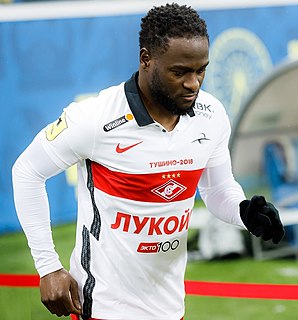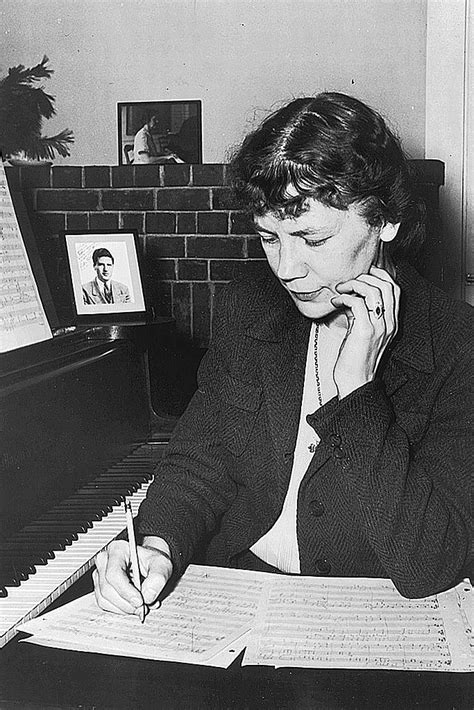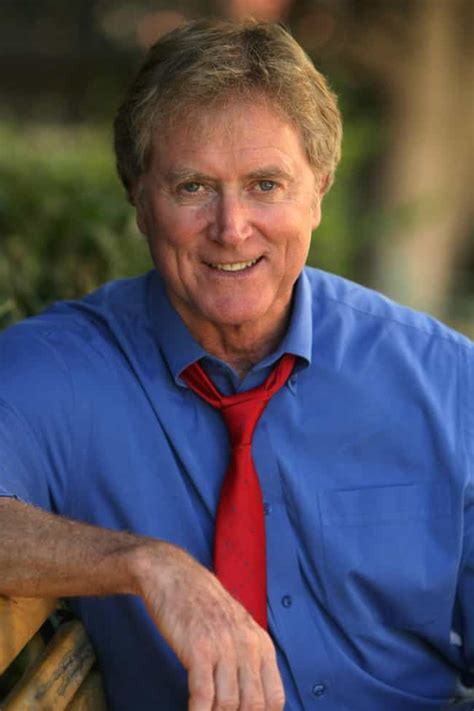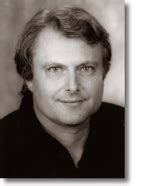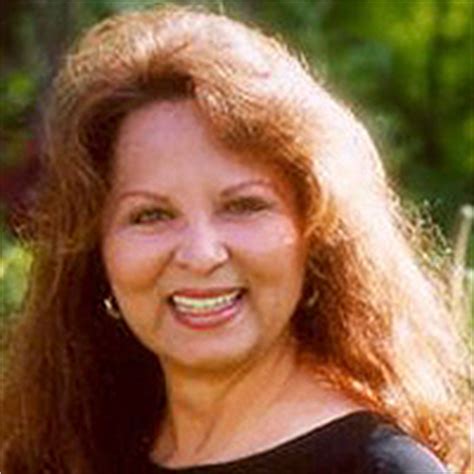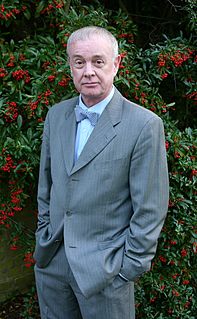A Quote by Neal A. Maxwell
Some find it easier to bend their knees than their minds. Exciting exploration is preferred to plodding implementation; speculation seems more fun than consecration, and so is trying to soften the hard doctrines instead of submitting to them. Worse still, by not obeying, these . . . lack real knowing. Lacking real knowing, they cannot defend their faith and may become critics instead of defenders!
Related Quotes
These are the only two situations possible, and you are in the sad situation. Everybody may know about you - who you are - but you yourself are completely oblivious of your transcendence, of your real nature, of your authentic being. This is the only sadness in life. You can find many excuses, but the real sadness is this: you don't know who you are. How can a person be happy not knowing who he is, not knowing from where he comes, not knowing where he is going? A thousand and one problems arise because of this basic self-ignorance.
Instead of complaining at his lot, a contented man is thankful that his condition and circumstances are no worse than they are. Instead of greedily desiring something more than the supply of his present need, he rejoices that God still cares for him. Such an one is "content" with such as he has (Heb. 13:5).
I prefer to take actors and put them in real settings and real locations and real situations rather than create artificial locations that serve the characters. It's just much easier when you are walking down the street with your actors to do that in a real street that's still open with people on it, rather than to close it off and bring in extras.
Lack of self-confidence is, more often than not, simple laziness. We feel confused and uncertain because we do not know. But instead of making the effort to investigate, we procrastinate and worry. We tell ourselves we can't instead of learning how we can. If we used the mental energy we expend in worry and fear to get out and find out about what we do not know, we would see our self-confidence grow. Lack of self-confidence is not overcome by faith, but by action. It is a lack, not of certainty, but of effort. Too often we are certain that we can't before we give ourselves a fair chance.
Eventually we realize that not knowing what to do is just as real and just as useful as knowing what to do. Not knowing stops us from taking false directions. Not knowing what to do, we start to pay real attention. Just as people lost in the wilderness, on a cliff face or in a blizzard pay attention with a kind of acuity that they would not have if they thought they knew where they were. Why? Because for those who are really lost, their life depends on paying real attention. If you think you know where you are, you stop looking.
If churches saw their mission in the same way, there is no telling what might happen. What if people were invited to come tell what they already know of God instead of to learn what they are supposed to believe? What if they were blessed for what they are doing in the world instead of chastened for not doing more at church? What if church felt more like a way station than a destination? What if the church’s job were to move people out the door instead of trying to keep them in, by convincing them that God needed them more in the world than in the church?
It often seems easier not to move on; even the muck and mire in which we're stuck seems less fearful and less challenging than the unknown path ahead. Some people use faith as a reason to remain stuck. They often say, "I have faith, so I'm waiting." But faith is not complacent; faith is action. You don't have faith and wait. When you have faith, you move. Complacency actually shows lack of faith. When it's time to move in a new direction in order to progress, the right people will come to us.
People often find it easier to refute a fake extreme opponent than a more cautious real one, so they knock down the straw man instead. It is actually worth the trouble to identify the invalid forms of argument, and to learn their names. Not only can you then avoid them yourself; you can also identify them in opponents. If you call your opponent's errors by their Latin names, you can make it look as though he or she is suffering from a rare tropical disease.



